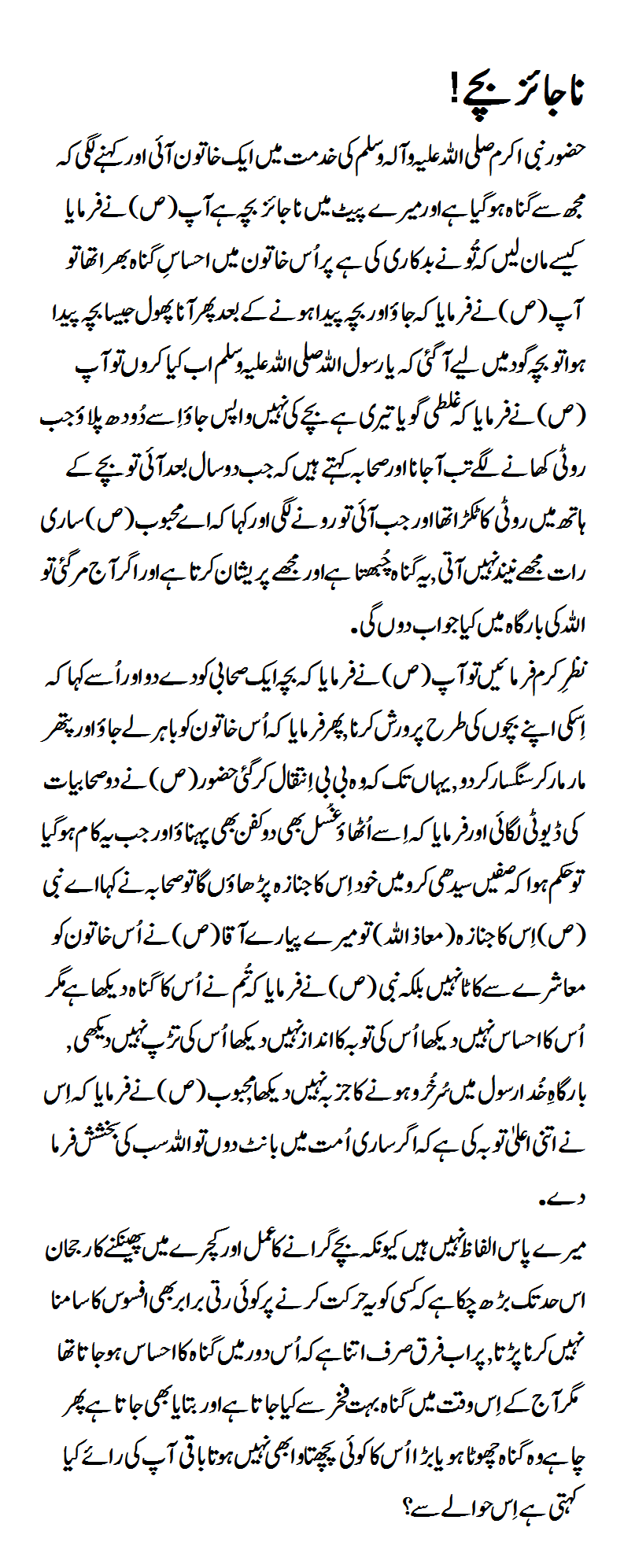While legitimate children were seen as the property of the father, illegitimate children were seen as the property of no one. Such a child was nullius filius and had no legal relationship with his or her parents. The early bastardy laws were aimed at preventing illegitimate children from becoming a charge on the community—and attempted to do so by punishing the unmarried mother and the reputed father,
and charging either the mother or both for the relief of the child. In the twentieth century, the status of the illegitimate child has changed substantially as has the language concerning legitimacy.
Article 25(2) of the Universal Declaration of Human Rights 1948 provides that ‘all children, whether born in or out of wedlock, shall enjoy the same social protection’
and Article 2(2) of the United Nations Convention on the Rights of the Child 1989 (UNCRC) requires states to take all ‘appropriate measures to ensure that the child is protected against all forms of discrimination or punishment on the basis of the status of the child’s parents.

’Some countries have abolished the concept of illegitimacy altogether, others have permitted legitimation by subsequent marriage and have legislated to mitigate the adverse legal consequences by extending to illegitimate children the same rights accorded to legitimate children.
The parental status of the father has been increasingly recognized in some countries; others, such as those in South Asia continue to recognize only the nonmarital child’s legal relationship with the mother (Goonesekere 1998).View chapter Purchase book